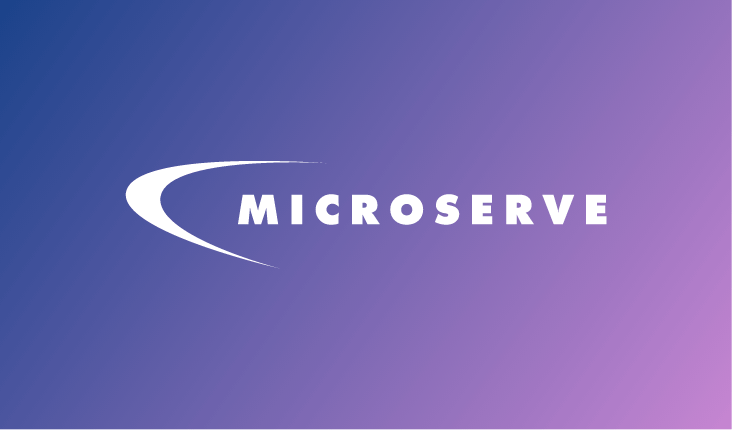As technology advances, businesses are becoming more reliant on technology to carry out daily operations. For small and medium-sized businesses, investing in an in-house IT department can be costly and impractical. That’s where Managed IT Services come in. Managed IT Services allow businesses to outsource their IT needs to an external provider who is responsible for managing their technology infrastructure. In this article, we will explore the top 10 benefits of Managed IT Services for your business.
1. Improved Efficiency
Managed IT Services can help your business operate more efficiently. By outsourcing your IT needs to a professional service provider, you free up time and resources that can be allocated to other important aspects of your business. Additionally, managed IT services providers utilize advanced tools and technologies that help improve system performance, streamline processes, and reduce errors.
2. Reduced Downtime
Downtime can be detrimental to any business. It results in lost productivity, missed deadlines, and unhappy customers. Managed IT Services providers work proactively to prevent downtime by monitoring systems for potential issues, performing regular maintenance, and resolving issues promptly. This ensures that your business stays up and running, and any issues that do arise are resolved quickly and efficiently.
3. Access to Expertise
Managed IT Services providers have a team of highly skilled and certified professionals with expertise in different areas of technology. They offer specialized knowledge and experience in areas such as cloud computing, network security, software development, and more. By partnering with a Managed IT Services provider, your business can benefit from the expertise of an entire team, without having to hire and train new employees.
4. Cost-Effective
One of the most significant benefits of Managed IT Services is cost savings. By outsourcing your IT needs, you can avoid the costs associated with hiring and training new employees, purchasing and maintaining hardware and software, and upgrading systems. Managed IT Services providers typically offer flexible pricing options, allowing you to pay only for the services you need.
5. Security
Cybersecurity threats are becoming increasingly prevalent and sophisticated. Managed IT Services providers implement comprehensive security measures to protect your business from potential threats. They use advanced tools and technologies to monitor systems, detect and prevent cyber-attacks, and respond promptly to any security incidents.
6. Compliance
Depending on your industry, you may be required to comply with specific regulations and standards. Managed IT Services providers have expertise in different compliance standards such as HIPAA, PCI-DSS, and GDPR, and can ensure that your systems and processes are in compliance with these standards.
7. Scalability
Managed IT Services providers offer flexible services that can be scaled up or down based on your business needs. As your business grows, you can easily add new users, applications, and services without having to invest in new hardware or software.
8. Proactive Maintenance
Managed IT Services providers offer proactive maintenance to ensure that your systems and applications are up to date and running smoothly. They perform regular updates and patches, monitor systems for potential issues, and resolve any issues promptly, preventing potential downtime and data loss.
9. Strategic Planning
Managed IT Services providers offer strategic planning services to help your business align its technology infrastructure with its business goals. They work with you to develop a comprehensive technology roadmap that supports your business objectives, ensures that your systems are up to date, and identifies areas for improvement.
10. 24/7 Support
Managed IT Services providers offer 24/7 support to ensure that your business is always up and running. They provide a dedicated help desk with skilled technicians who can quickly resolve any issues that may arise. Additionally, they offer remote monitoring and support, allowing them to detect and resolve issues before they become critical.
In conclusion, Managed IT Services provide businesses with numerous benefits, including improved efficiency, reduced downtime, access to expertise, cost savings, enhanced security and compliance, scalability, proactive maintenance, strategic planning, and 24/7 support. By partnering with a Managed IT Services provider, businesses can focus on their core operations while leaving the IT needs to professionals who can deliver reliable and high-quality services.
Managed IT Services provide numerous benefits, including improved efficiency, reduced downtime, access to expertise, cost savings, enhanced security and compliance, scalability, proactive maintenance, strategic planning, and 24/7 support.
Managed IT Services costs vary depending on the services required, the size of the business, and other factors. Providers typically offer flexible pricing options, allowing businesses to pay only for the services they need.
Businesses should choose a Managed IT Services provider with expertise in their industry, a proven track record of delivering quality services, and a commitment to customer service and support. It’s also essential to evaluate the provider’s pricing and contract terms to ensure they align with your business needs.
Organizations switch to managed services for a variety of reasons, including to reduce costs, increase efficiency, improve security and compliance, and access to expert resources and support. Managed services providers can help organizations manage their IT infrastructure and applications, freeing up internal resources to focus on core business objectives.
Managed services in cloud refer to outsourced IT services in which a third-party provider manages and maintains an organization’s cloud infrastructure, applications, and data. Managed services providers can help organizations optimize their cloud infrastructure, automate routine tasks, and implement best practices to ensure maximum performance, reliability, and security.
The benefits of managed services cloud include increased efficiency, reduced costs, improved security and compliance, and access to expert resources and support. Managed services providers can help organizations manage their cloud infrastructure, applications, and data, allowing them to focus on their core business objectives.





